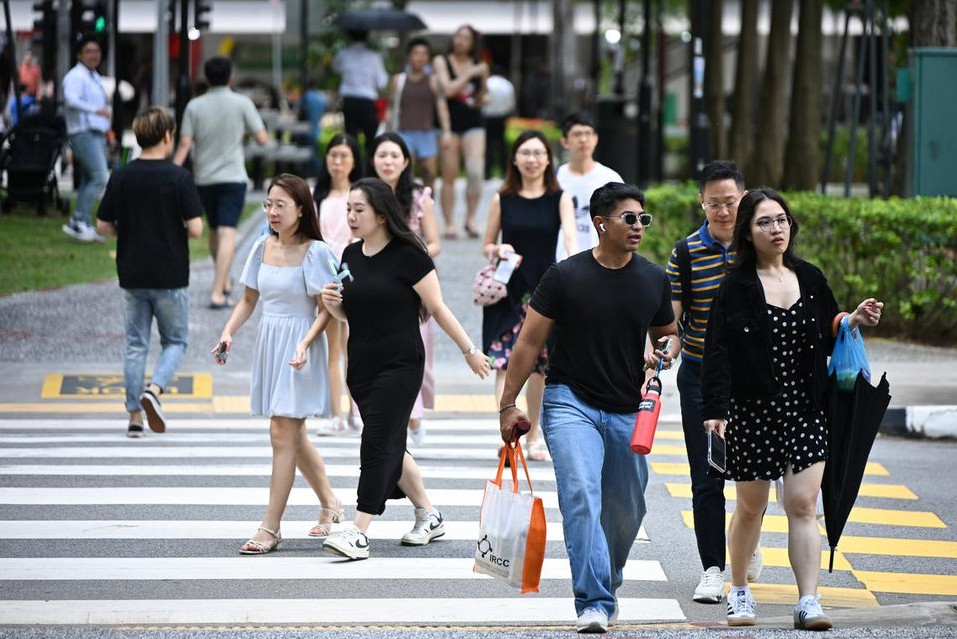June 10, 2025
SINGAPORE – While it is widely accepted that men and women would have major biological differences on a molecular and cellular level, a landmark study led by A*Star has found similarly significant variations between different Asian ethnicities as well.
For one, the immune-related blood markers among different ethnicities in Asia also have “massive differences”, said Dr Shyam Prabhakar, the senior author of the study.
The landmark initiative comprehensively mapped out immune cells from five Asian countries, which could potentially lead to more accurate medical diagnosis and personalised treatments for Asians.
The study was led by researchers from A*Star Genome Institute of Singapore (A*Star GIS), who worked with collaborators from South Korea, Japan, Thailand, and India.
They analysed over 1.2 million immune cells from blood samples of 625 healthy donors across Singapore, Thailand, Korea, Japan and India.
The resulting Asian Immune Diversity Atlas (Aida) was published in scientific journal Cell in March 2025, and is set to be presented at scientific conference 2025 Human Cell Atlas General Meeting held between June 9 to 11 at SingHealth Academy.
Dr Prabhakar, associate director at A*Star GIS’ Single Cell & Spatial Technologies, said biomedical research has typically focused on Europeans. This means that diagnostic approaches developed based on such data often do not translate accurately for other ethnicities, like Asians.
He said it was “really shocking” to discover that the difference in blood properties among different Asian ethnicities are as striking as the ones between men and women.
“It is well-established that you have to have men and women in your cohort (for drug trials)… because we understand this biological difference,” said Dr Prabhaka.
“The data is suggesting that the same applies to ethnicity. You cannot do your drug trial on one ethnicity and say that the results apply to all.”
An example is with an immune cell known as CD4+ T naive cells, which can be used to indicate inflammation in the body caused by the ageing process.
Researchers found that age affects these cells differently in Chinese, Malay and Indian Singaporeans. This means that as people from these groups get older, their risk of inflammation-diseases may not be the same.
Therefore, different screening strategies for different ethnic groups in Singapore will be necessary.
Another example is blood tests that are used to detect if a person may have an infectious disease or a serious condition like leukaemia. These tests often measure the proportion of different white blood cells like lymphocytes and monocytes to diagnose patients.
But researchers have found that healthy immune reference ranges for people in different countries, across ethnicities, can differ significantly.
Dr Prabhakar said that while the Aida study established that there are biological differences between different ethnicities, further research will need to be done to determine how diagnostic criteria can be refined.
Going forward, the A*Star researchers hope to comprehensively map out cells from other organs such as the skin, colon and the gastric system for Singapore.
They will also be studying how different ethnicities in Singapore could have different susceptibilities to diabetes.
It’s hoped that with such insights, different cohorts of patients will have a better understanding of their disease risk.
“(Knowing) disease risk is our best way of reducing healthcare costs, because if you know accurately who’s at high risk, then you can prioritise the person and get them to come into the clinic more often. Early detection is the best way of curing and reducing healthcare costs,” said Dr Prabhakar.
Lee Li Ying is a correspondent on the health beat at The Straits Times. She has a keen interest in mental health, health technology, ageing and reproductive care.

